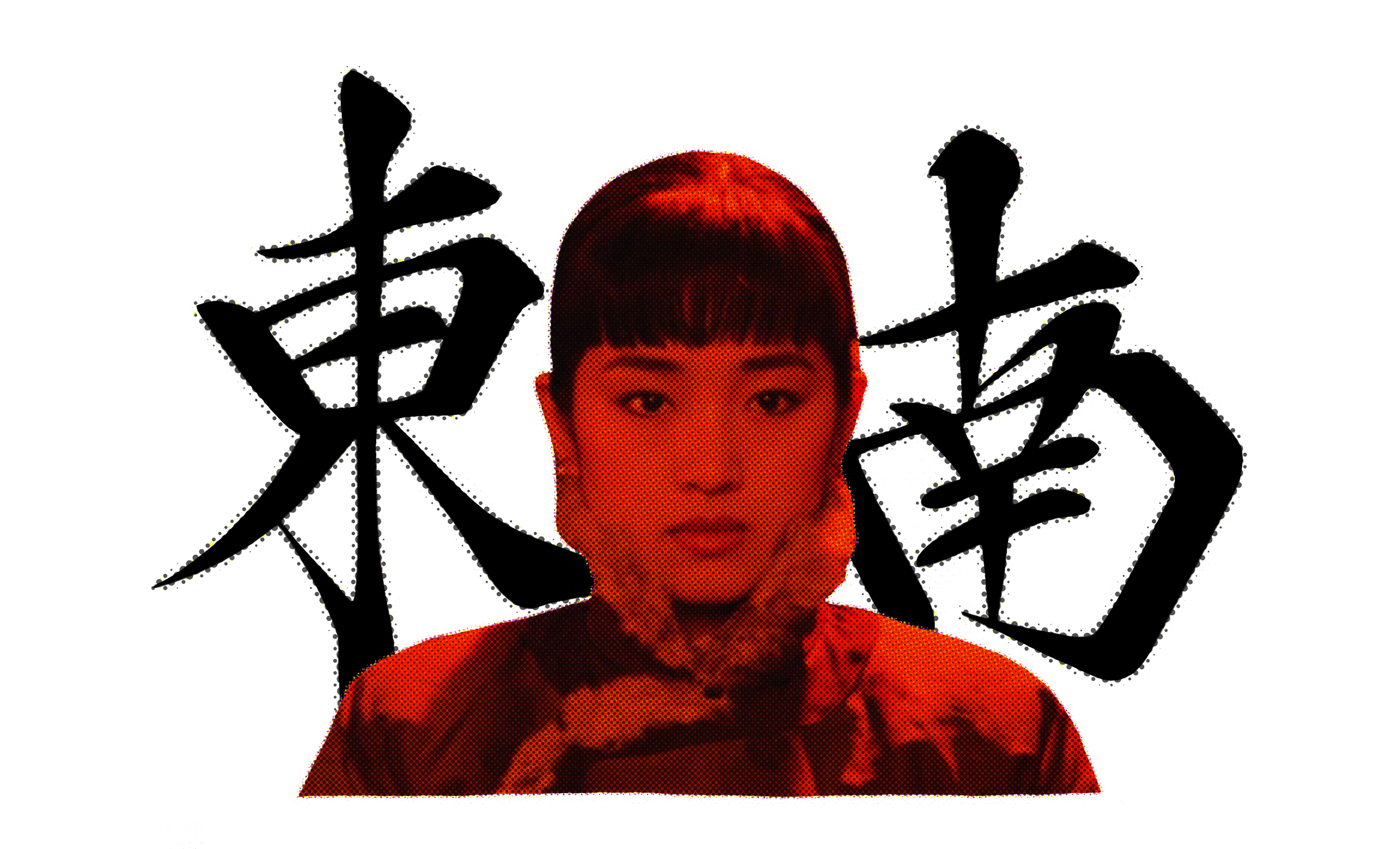
The Garden Cinema presents a rare selection of masterpieces from Fifth Generation filmmaker Zhang Yimou’s early career, many of which have long been unavailable to screen in Europe. The result of four years of curatorial work, this retrospective provides UK audiences with a long overdue tribute to Zhang’s films.
Few directors in the history of cinema have attracted such a heated combination of critical adoration and condemnation, domestic and international commercial success, and a seemingly endless parade of conflicting interpretations of their films, as Zhang Yimou. His early body of work from the late 1980s to the mid ‘00s garnered him two Golden Lions, a Golden and a Silver Bear, the Cannes Grand Prix, two BAFTAs, three Oscar Best Foreign Film nominations, and, to this day, the fourth highest grossing non-English language film in the US. At the same time, commentators have branded his films with contrasting and incompatible critiques. He has been described as a nationalist who panders to the West; too culturally specific whilst exploiting Chinese history; a communist with fascist aesthetics; and always somehow both pro and anti-government. These simplistic binaries prompted a frustrated Zhang to publish an open letter asking for more nuance in such debates. The weight of public discourse around these films collapses the possibility of any single interpretation, and makes these allegorical readings highly unstable. This retrospective is thus an invitation to view Zhang’s films afresh, and appreciate them for their specific and collective artistic merits.
The entirety of the iconic ‘Red Trilogy’ will be screened as part of this season. These visually dazzling fables depict the hardships faced by women (all played by Zhang’s brilliant muse, Gong Li) sold into forced marriage. Red Sorghum (1988) is a wild adaptation of Nobel Prize winner Mo Yan’s brutal and romantic folk novel, whilst Ju Dou (1990) twists ideas of voyeurism into a deadly and beautiful technicolour-shot dream. And perhaps Zhang’s most acclaimed film, Raise the Red Lantern (1991), places our heroine in a Bluebeard’s castle, a quasi-artificial cinematic realm where performance is tethered intricately to survival. Featuring alongside these early films is the first UK screening of the uncut version of Wu Tianming’s Old Well (1986), which stars Zhang in a rare leading actor appearance, alongside his cinematographer duties (Zhang studied in the Faculty of Cinematography at the Beijing Film Academy). Old Well covers themes that Zhang will return to repeatedly in his own directorial work: the labour and hardships of rural communities, psychological and physical entrapment, and forbidden romance.
The Story of Qiu Ju (1992) marked a turn towards a style grounded in greater realism. Despite this, Qiu Ju sees the titular heroine (another wonderful Gong Li performance) in a stubborn battle against authority, and a mildly Kafkaesque legal system. This period of Zhang’s career is perhaps best encapsulated by two features he made back-to-back, Not One Less (1999) and The Road Home (1999). Viewed in the context of the baroque cruelties and tragic winds of history of his earlier films, the simple but profoundly moving romance of The Road Home is a beautiful palette cleanser, and the first of three collaborations with future icon Zhang Ziyi. Influenced by Italian Neorealism and Iranian New Wave cinema, Not One Less mirrors parts of Qiu Ju. A cast of non-professional actors play versions of themselves, with Wei Minzhi’s (who joins us for a Q&A on 10 August) spikey and sparkling performance as a 13-year-old teacher being especially remarkable. Alongside these ‘smaller’ narratives, Zhang made his much-revered historical epic To Live (1994). Adapted from Yu Hua’s modern classic, few films have better encapsulated the excitement and terror of living through radical social upheaval. Furious at Zhang’s producers for failing to screen the film for the state regulators prior to its Cannes premiere, the authorities banned the film, and screenings in China remain scarce to this day. To this end, his next film, Shanghai Triad (1995), was supposed to act as a relatively unproblematic gesture. The 1920s setting and genre conventions allowed Zhang to work without interruption, and enabled him to return to some of his earlier interests: namely reflexive depictions of voyeurism, and female performance as a tool of power.
The season culminates with Zhang’s commercial peak, his two blockbuster wuxia films: Hero (2002) and House of Flying Daggers (2004). Featuring a galaxy of Hong Kong stars, and stunning cinematography by Christopher Doyle, the controversial question left to the viewer at Hero’s climax has been one of the major talking points of Zhang’s career. Less controversial, but just as virtuosic and ambitious, House of Flying Daggers concludes our retrospective, and leaves us ultimately with the romantic side of Zhang’s filmmaking, uplifted from the hardships found in many of his historical dramas, immersed in a floating realm of fantasy and grace.